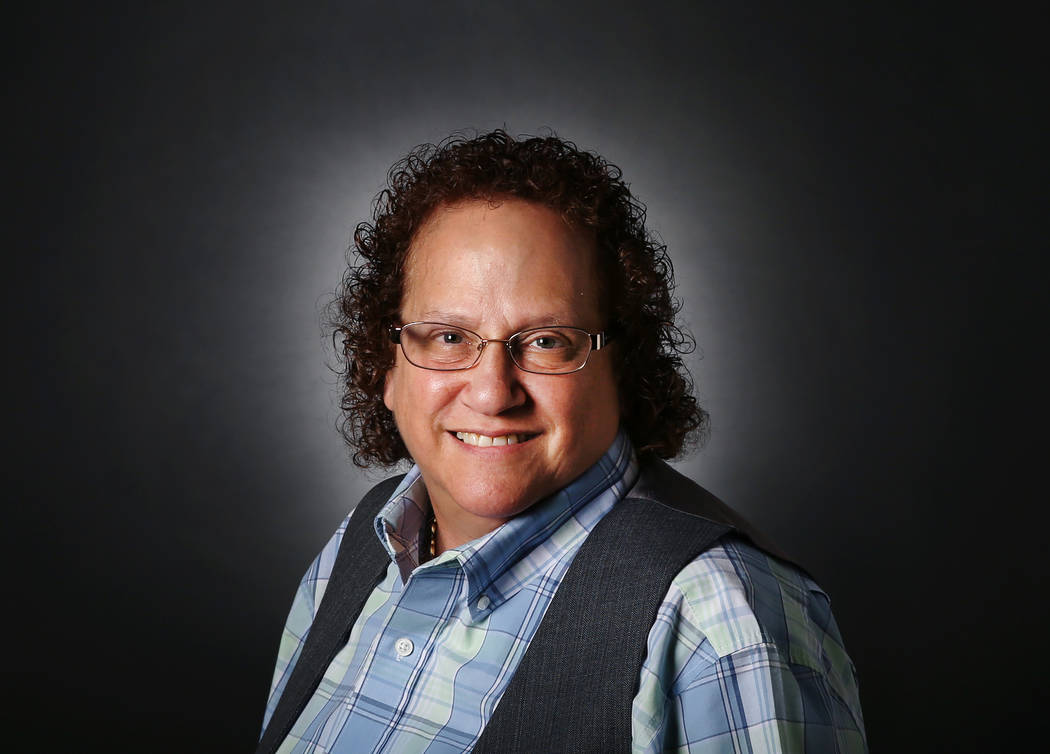Elderly upstairs neighbor says she can’t handle repair work

Q: We live in a condo community with a homeowners association. It is a second-floor condo. Last Thanksgiving, our downstairs neighbor noticed a drip when we used the master bath shower. I had a plumber come out twice, and he determined the leak is where the shower drain for the master comes into the main drain (we stopped using the shower at that point). The repairs have to be done from underneath (that junction is below the floor line).
The downstairs neighbor is elderly and not in good health and has told us she is too ill to allow any construction work in her condo. I don’t want to endanger her health, but by the same token we haven’t used the master shower in almost a year.
Are we stuck not using that shower? The plumber spent about a half-hour explaining that there are procedures that can be used to mitigate the dust from the construction and any possible mold that has been created. What option might we have?
A: You should first seek out the management company for assistance to help explain and assist the neighbor with the repairs. If that does not work, you could contact the Aging &Disability Services Division of the State of Nevada at 775-687-4210 for their advice.
Q: First, I always read your great information in every Sunday column. It is very beneficial.
I have a main issue here and need your opinion. My main question is: If an officer of any HOA board is using her credit card for buying things — therefore getting points/awards which adds up to cash in the account — can they do that?
What is the Nevada statute? I understand that an officer in an HOA is a volunteer and not there for any kind of profit.
A: First, thank you for your kind words.
Associations have a choice of obtaining a credit card in order to make purchases or establishing a credit line with the vendor or supply house. Obviously, there are concerns when there is an association credit card that generally has the name of the association and the designated person authorized to use the card. Many associations avoid that choice.
Yes, a board member could be earning some points but you also must remember, the moment that a charge has been made, the bank is charging interest on that board member’s account. A reimbursement check could take a few days or more before that board member receives the check. Also, you need to remember that there is a risk in making an association charge on your personal charge card because you may have directors who refuse to reimburse the officer.
The use of a charge card should really be an exception as to the payment of services, regardless of whether it is a personal charge card or an association charge card. The one possible exception is where there are maintenance personnel who do use the card for purchases where the association does not have a line of credit.
As to your question, it would be better for the board to make other arrangements. NRS 116.31185 prohibits any form or remuneration that would result or would appear to a reasonable person to result in a conflict of interest.
Q: I have used your column many times before for info so I can do a better job as a director but this one is personal. At our last election there were four openings and four candidates. We were all seated with no election. Three were for normal two-year terms. One was for a resignation at one year. To this day, we were never informed which candidate served the resignation term. Just received the election application, so what is the process to determine who served the resignation term?
A: Generally speaking, in a ballot election, the person with the lowest vote would normally have the one-year term. In this case where the directors were deemed duly elected per NRS 116 statute, you would need to first ask which director would like to serve a one-year term. If no one volunteered, you could have the candidates pick a card from a deck of cards — the lowest number is the director who will serve one-year term. Now, do not laugh at me. According to historian Patty Cafferata there have been Nevada elections that have been determined in a tie vote by the drawing of cards, flipping of coins or rolling of the dice.
Barbara Holland is a certified property manager, broker and supervisory certified association manager. Questions may be sent to holland744o@gmail.com.